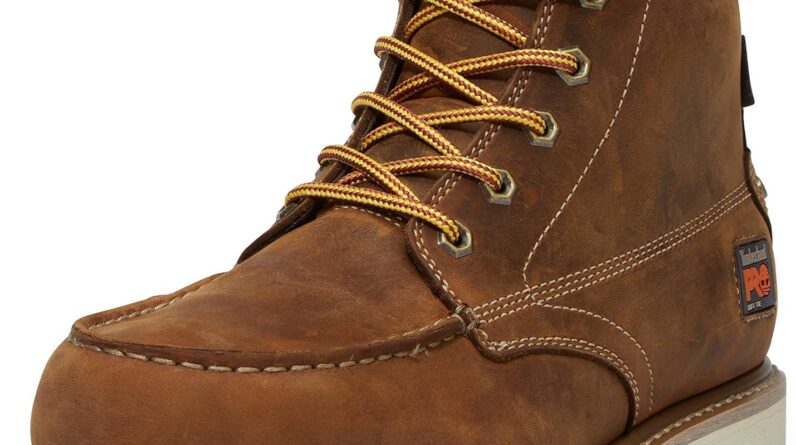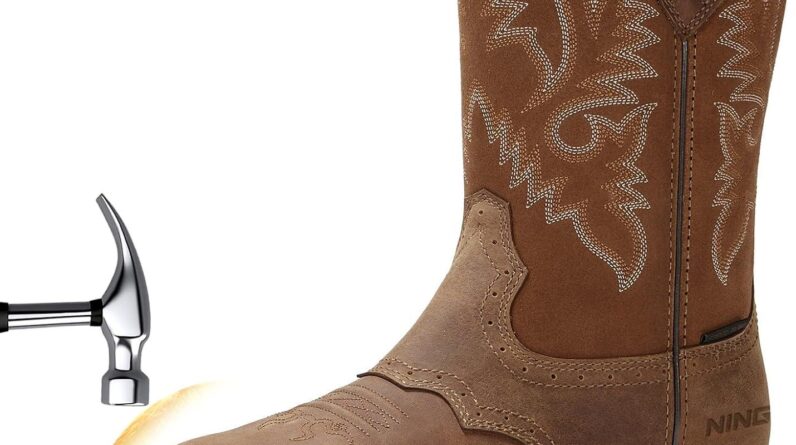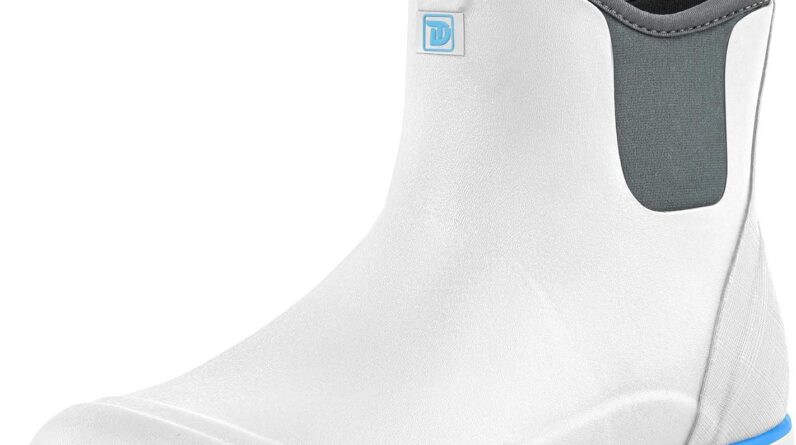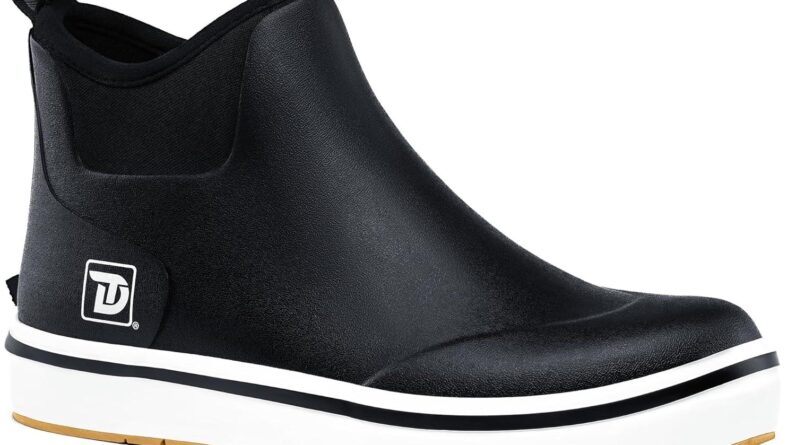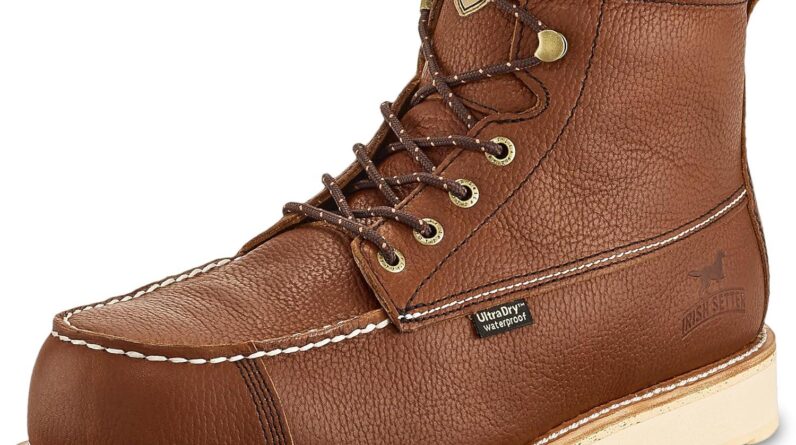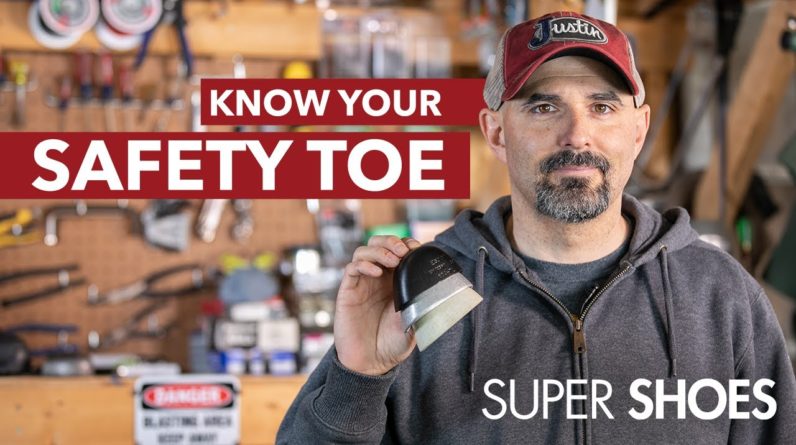
This post may contain affiliate links which means I may receive a commission for purchases made through links. Learn more on my Private Policy page.
What’s the difference between safety toe types? Join us to find out. When it comes to work boots, the first question many people have is whether or not the boot has a safety toe. It’s an essential feature and required by many industries. let’s take a look at some of the toe types and benefits of each. Steel toes have been the standard for protective footwear since just after World War II. It’s still popular today for its overall industry acceptance and it’s also cheaper. As manufacturers looked for ways to make work boots lighter, they began testing alloy and aluminum.
It comes in at about half the weight of steel, and still meets the standard. Composite toes were the first
non-metallic toe to be manufactured. It used to be really big and bulky, but as technology advanced with Kevlar and carbon fiber, it got thinner. It’s a good choice if you have to
go through metal detectors at your job. It also will transfer heat and cold at a lesser rate so if you have to work in a extremely hot or extremely cold environment, this is a good choice. All three materials meet the same ASTM impact and compression standards. If any of these materials receive an
extreme impact they should be replaced. A lot of people will talk about the differences in the weight but honestly, it’s just a few ounces.
The weight of the boot is mostly in the
outsole and midsole. So there you have it. Three options for safety toe protection. Thanks for watching and if you have any questions please comment below. We’d love to hear from you..


